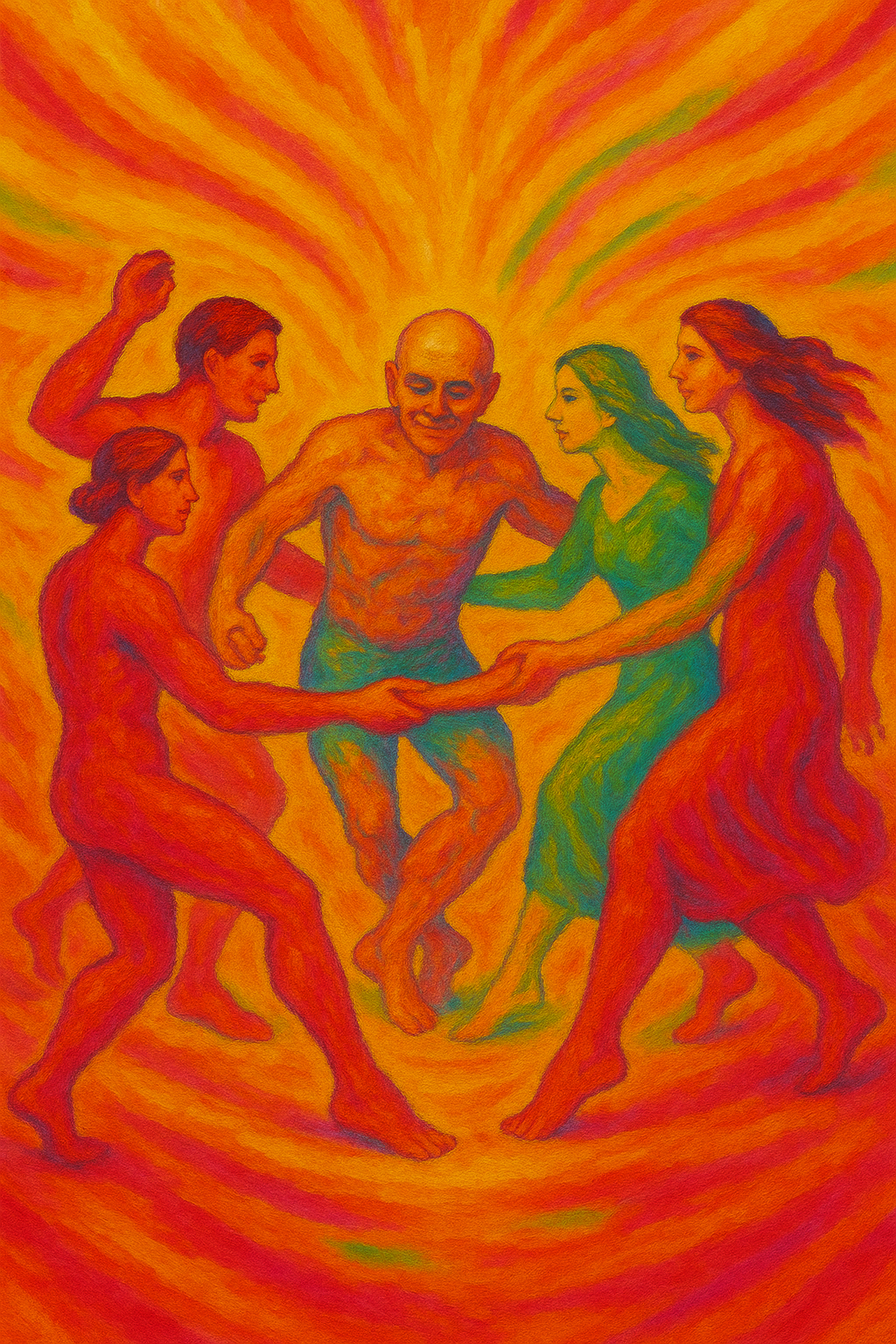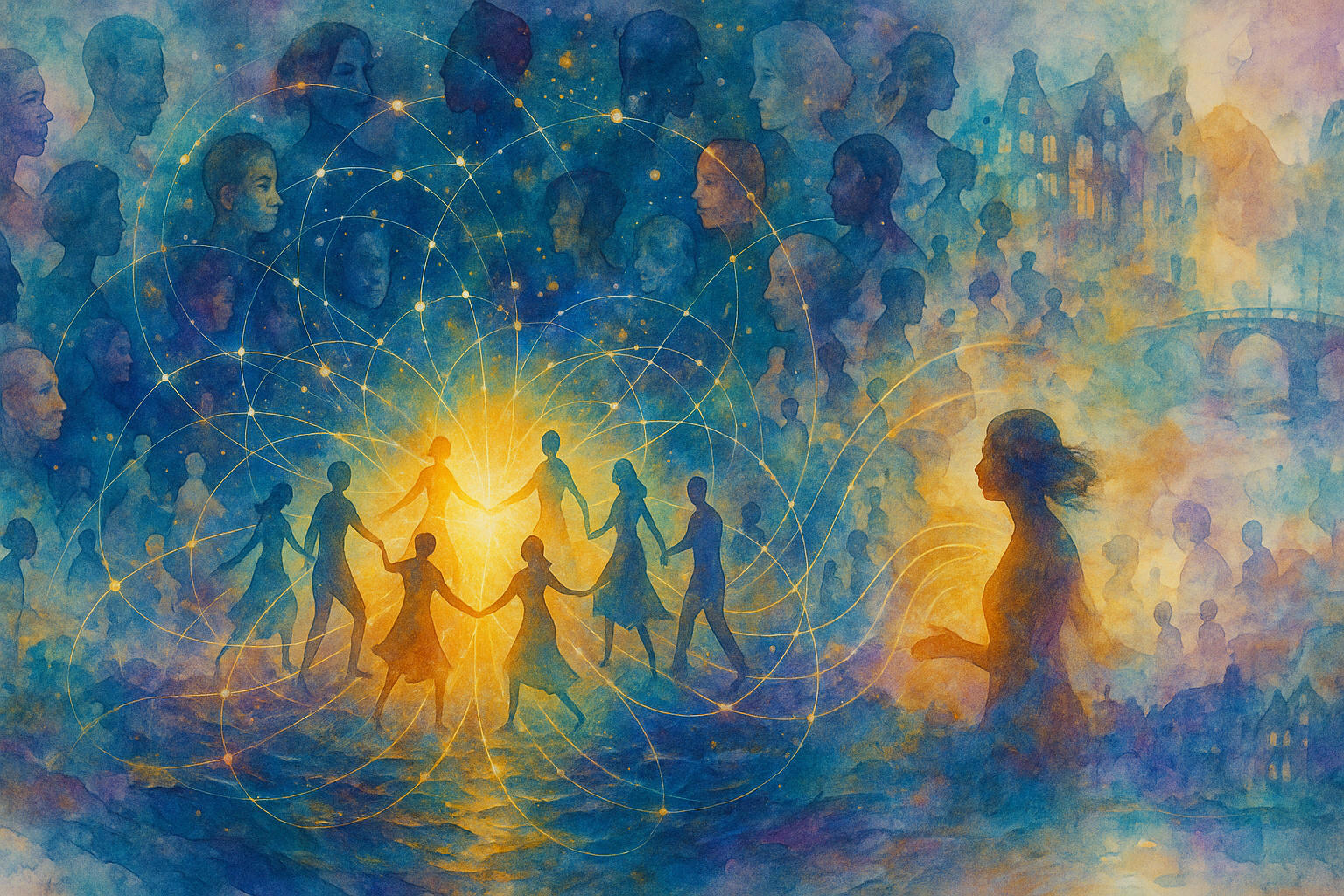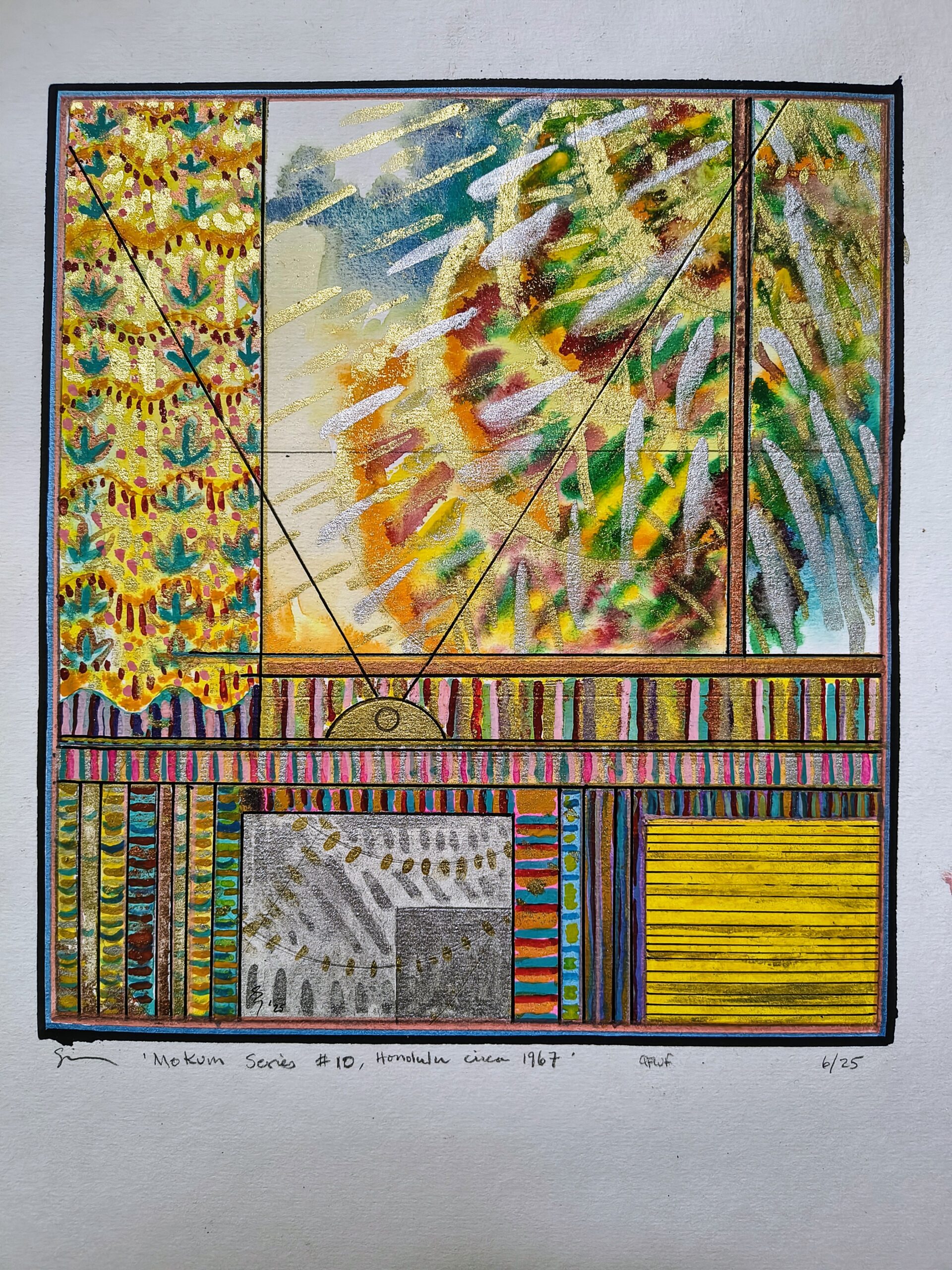Auteur: Nivedita Yohana
Rooted in tradition
The roots of a tree serve as a metaphor for staying grounded in tradition. Just as roots draw nourishment from the soil, our identities are influenced by the values, customs, and legacies passed down through generations. These traditions provide a sense of belonging and continuity, anchoring individuals within a broader community. They are the tales, rituals, and practices that give shape to our understanding of the world, forming the bedrock upon which we build our lives.
Recognizing the importance of tradition enables individuals to cultivate respect for their heritage. It fosters a sense of responsibility to uphold the stories and lessons imparted by those who came before us. By honoring older generations — parents, grandparents, and ancestors — we express gratitude for their sacrifices and wisdom, ensuring that important cultural narratives remain alive. This connection can be invigorating, reinforcing community bonds as we share experiences that have shaped our collective existence.
A firm grasp on tradition allows for the preservation of identity amid globalization’s sweeping tide. For many, cultural practices act as a shield against homogenization, enabling distinct traditions to flourish. The tree stands as a reminder that, while its branches may stretch outward, the integrity of the trunk—representing cultural identity—depends on its robust roots.
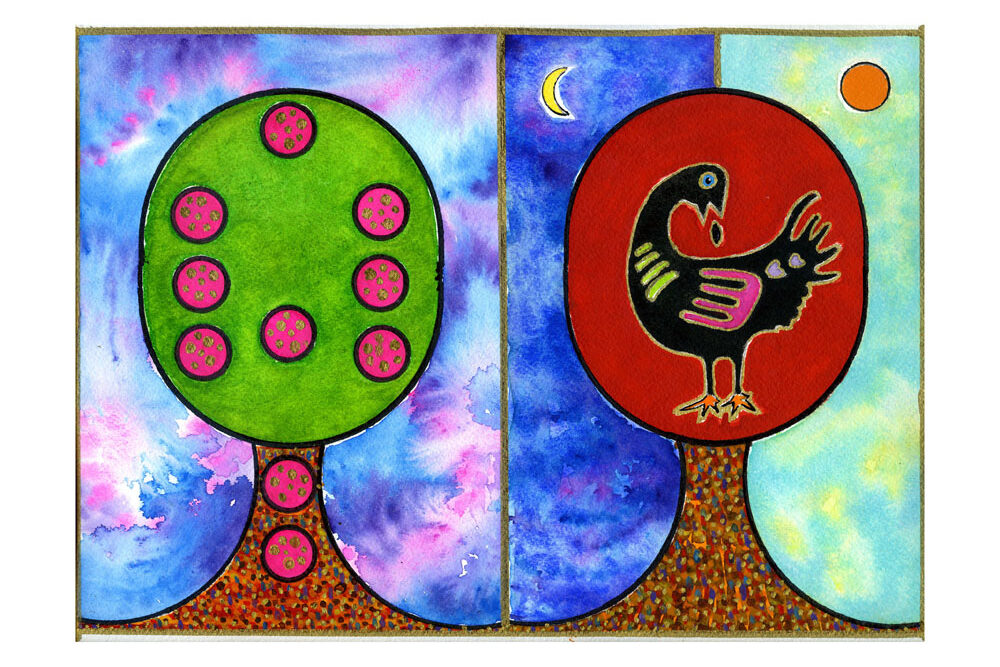
Aquarel Greg Suffanti
Trees, particularly ancient and towering ones, symbolize the wisdom that comes with longevity. They remind us that the passage of time bestows a valuable perspective. Older generations have weathered storms and basked in the sun, accumulating experiences that offer essential guidance. The teachings derived from these experiences cultivate resilience and adaptability, qualities necessary for navigating the complexities of modernity.
However, respect for older generations does not imply a rejection of innovation. Instead, it encourages a dialogue between past and present. Traditions evolve — much like trees adapt to their environment — allowing for flexibility while preserving core values. Conversations that bridge generational gaps foster mutual understanding, enabling the younger generation to engage with the wisdom of the older while introducing their fresh perspectives and ideas.
A holistic approach to personal and communal development
In many cultures, the reverence for elders translates into community practices that prioritize listening and learning from those who have walked before us. This dynamic interplay creates a holistic approach to personal and communal development, like a tree drawing nutrients from soil and sunlight.
In contrast to staying rooted, the branches of a tree symbolize our capacity to embrace modernity and progress. Throughout history, each generation has confronted unique challenges and opportunities. The branches represent the exploration of new ideas, technologies, and methodologies that emerge throughout time. Remaining rooted in tradition does not preclude us from growing in contemporary ways; rather, it can enhance our ability to adapt and innovate.
The tension between honouring tradition and pursuing modernity can yield a rich, fulfilling life. As individuals embrace change, they synthesize inherited wisdom with contemporary insights to create something entirely new. Today, we see this in various fields, from art and music to social practices and environmental stewardship. The ability, to blend the old with the new fosters, creativity and resilience—the hallmarks of a thriving society.
Moreover, modernity invites us to reevaluate and sometimes challenge outdated norms, ensuring that tradition remains relevant. The trunk of the tree, embodying our cultural identity, can be flexible enough to support branching innovations while staying true to its core.
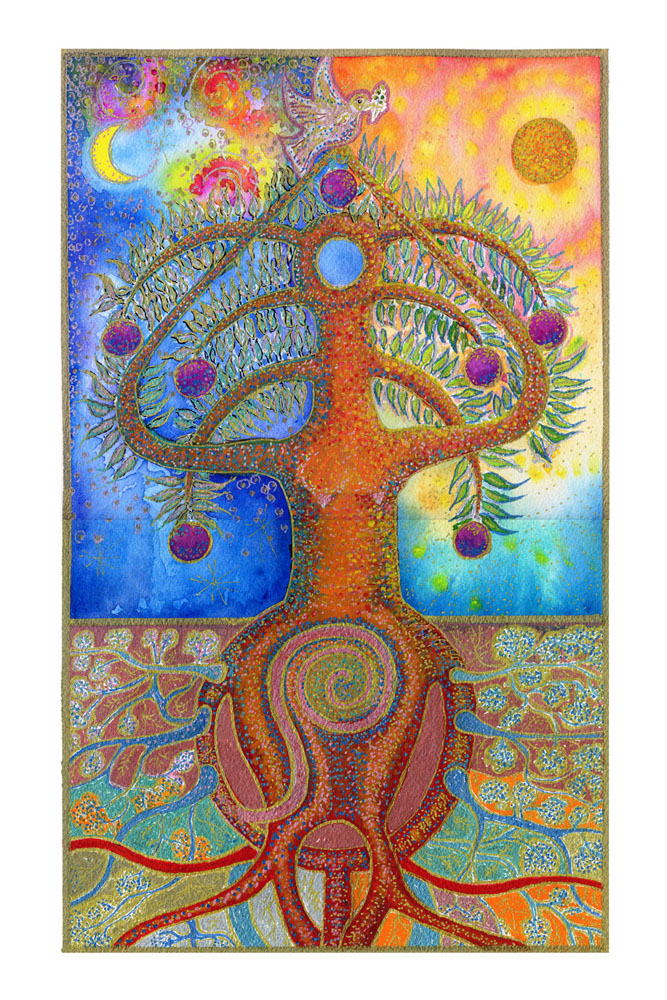
Aquarel Greg Suffanti
A rich sense of identity
The tree, with its harmonious balance of roots and branches, offers a powerful symbol for navigating the complexities of life. By staying rooted in tradition and honoring the wisdom of older generations, we cultivate a rich sense of identity. Concurrently, as we branch out into modernity, we embrace change, fostering innovation that honors our past while paving the way for the future. This synergy between roots and branches enables us to create a dynamic narrative—a living testament to the beauty of both honouring our heritage and forging our paths in the world. In embracing the duality of the tree, we can ensure that we grow not just as individuals but as a society deeply connected to its past with aspirations for its future.
As a millennial Indian writer navigating life between my cherished roots in India and my current home in the Netherlands, I find myself at a fascinating crossroads of tradition and modernity. Having been a close witness to both Indian and Netherlands society or better to say, East and the West, I must acknowledge a similar pulse that beats underneath both worlds which grapples both old and the new and forging ahead. Both worlds are rich with their own set of unique customs, rituals, and narratives interposed with modernity. This duality inspires me to weave tales that honour my cultural heritage while embracing contemporary themes—creating a tapestry of narratives that resonate with both my personal experiences and the broader societal context. This unique position allows me to explore the vibrant interplay between these two worlds and serves as, a profound backdrop to my writing.
In a rapidly evolving world, the importance of tradition acts as a universal thread that binds diverse cultures, irrespective of race or background. Every society has its customs and practices that shape its identity, and these traditions are worth honoring as they offer continuity in an ever-changing landscape. Through my writing, I seek to spotlight this shared human experience, illustrating how tradition can coexist harmoniously with the pace of modern life. While being rooted in my Indian heritage and embracing the openness and diversity I encounter in the Netherlands, I hope to inspire others to appreciate the beauty of their traditions as they navigate an increasingly globalized world, emphasizing that our roots can empower us to create a better future filled with harmony and a collective realisation that if we care to dig deep enough we can all unify our unique roots with one another transcending beyond all constructs and divisions.
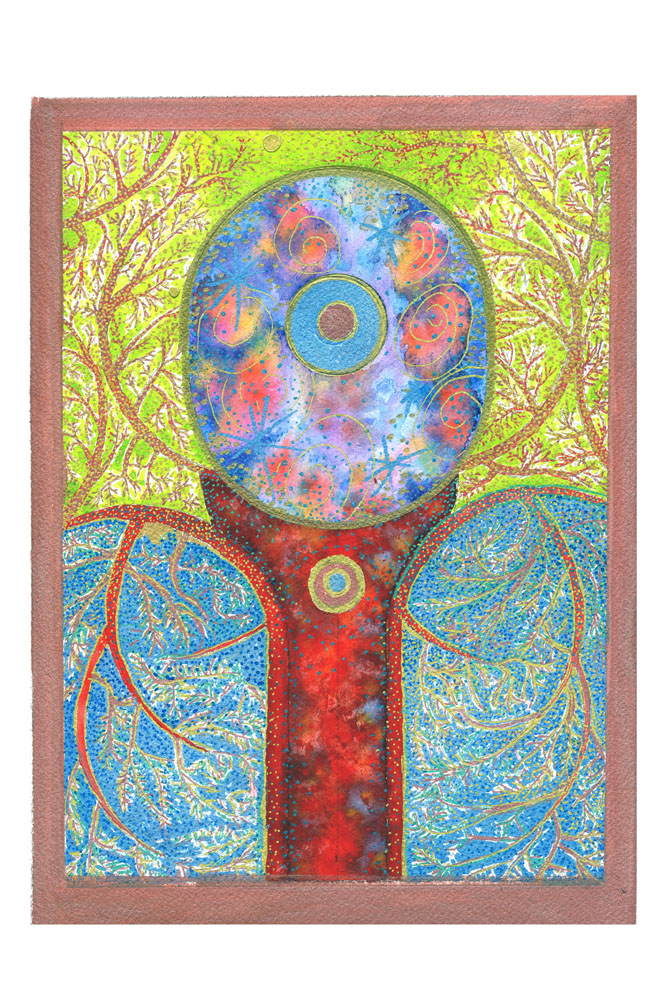
Aquarel Greg Suffanti
Gerelateerde artikelen
Beeldende Kunst, Dichtkunst, Inter-Culturele Rituelen voor Wereldburgerschap
Beeldende Kunst, Beschouwing, Praktijken van wereldburgerschap
Beeldende Kunst, Dichtkunst, Praktijken van wereldburgerschap

